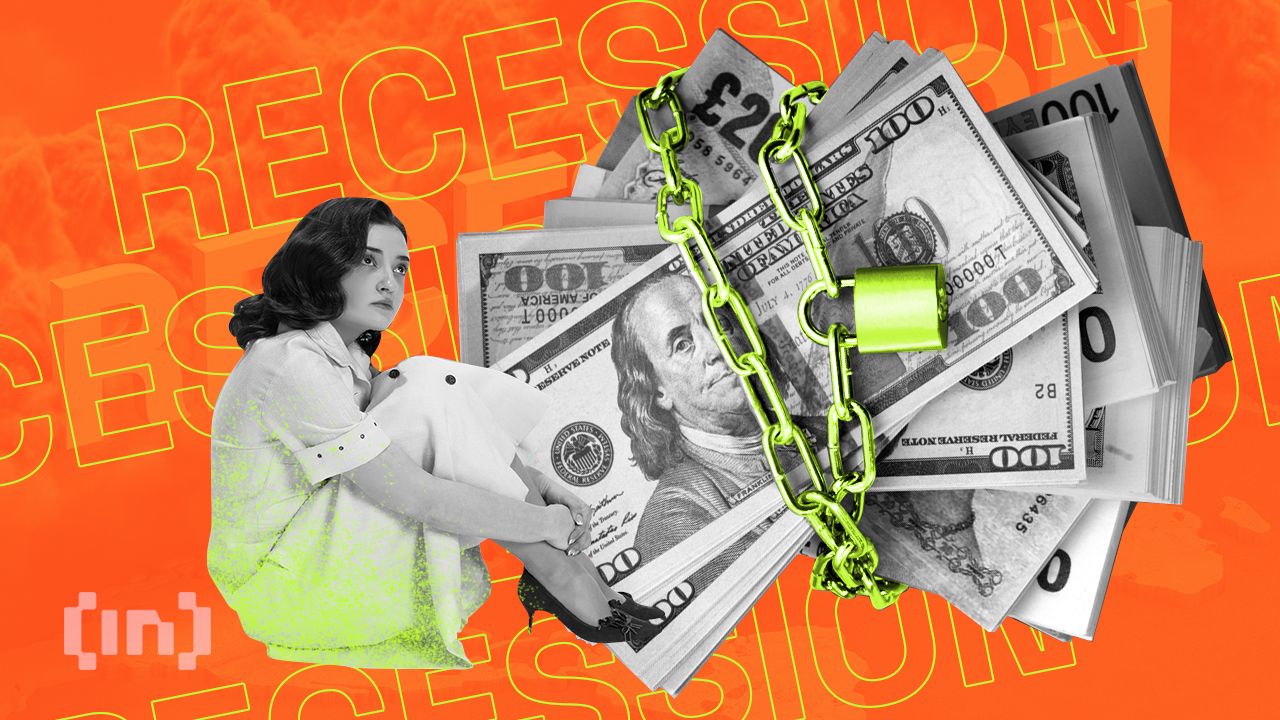During an event in , Lee committed to building a , focusing especially on helping and financial literacy.
Lee plans to establish a to manage , along with an to boost transparency and oversight in the digital asset market.
To tackle the growing reliance on stablecoins like , Lee proposes launching a . This move aims to prevent and reinforce .
Following the rollout of , Lee’s leadership will oversee the launch of , focusing on improved regulation and trust-building among South Koreans.
“I will do my utmost to fulfill the great responsibility and mission entrusted to me,” Lee said after his win, promising full commitment to digital innovation.
Lee has also formed a , which is expected to be placed to fast-track implementation, ensure legislative clarity, and lead fintech innovation.
With Lee Jae Myung taking charge, South Korea is entering a new era of pro-crypto policymaking. His administration is expected to introduce transparent regulations, Bitcoin-friendly reforms, and youth-focused investment policies—laying the foundation for a secure and innovative crypto economy. Until now, crypto laws in South Korea have been vague, but Lee promises to turn that around with structured, investor-friendly reforms.
Never Miss a Beat in the Crypto World!
Stay ahead with breaking news, expert analysis, and real-time updates on the latest trends in Bitcoin, altcoins, DeFi, NFTs, and more.
Who is Lee Jae Myung and what is his stance on cryptocurrency?
Lee Jae Myung, elected President of South Korea on June 4, 2025, is a pro-crypto leader advocating for digital asset integration into the nation’s economy.
What is the Digital Asset Committee’s role in South Korea?
Directly under the President, it will fast-track crypto policy implementation, ensure legislative clarity, and lead fintech innovation.
How much tax will I pay on crypto in South Korea?
South Korea plans a 22% tax on crypto gains exceeding KRW 2.5 million (approx. $1,900 USD) annually, with the implementation delayed until January 2027. Mining/staking income is taxed at individual income rates (6-45%).










